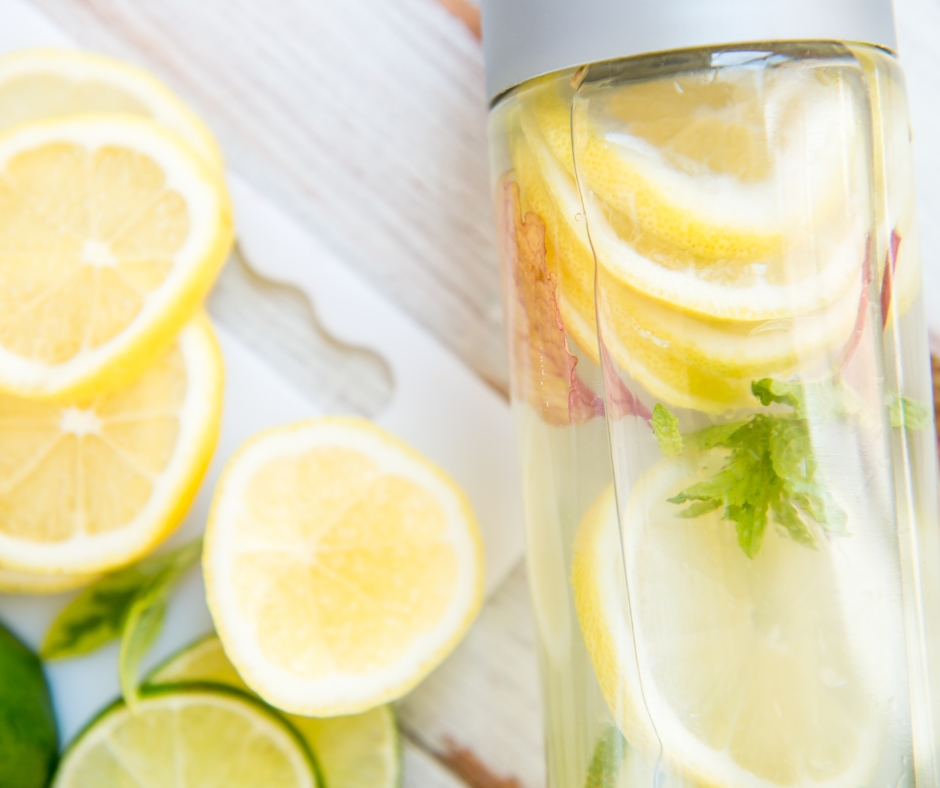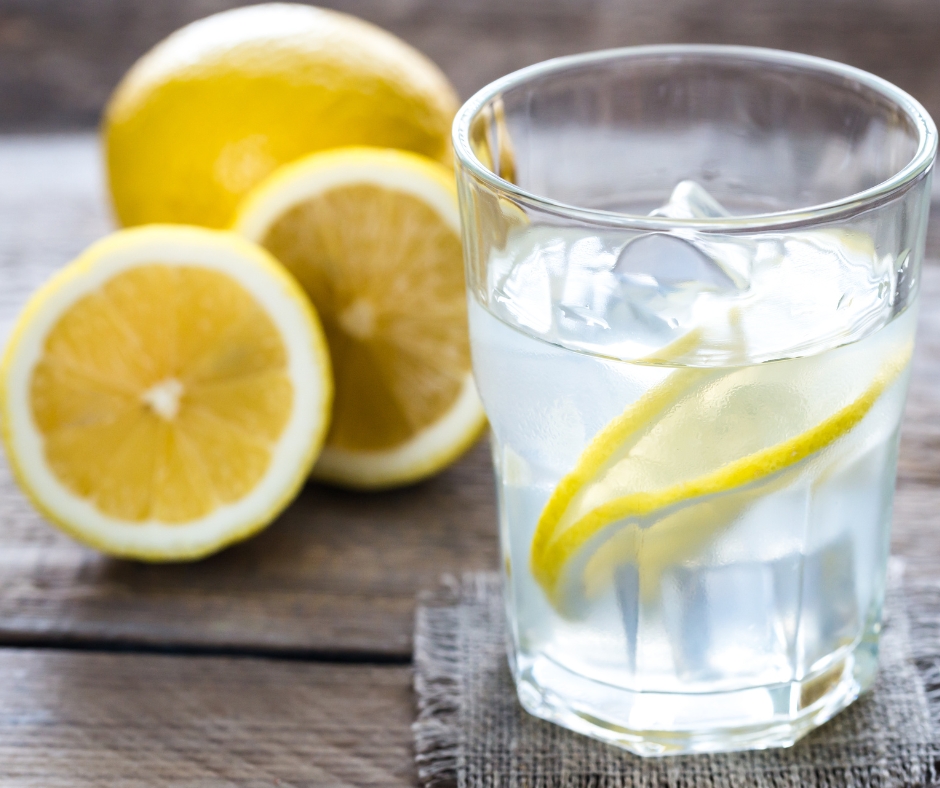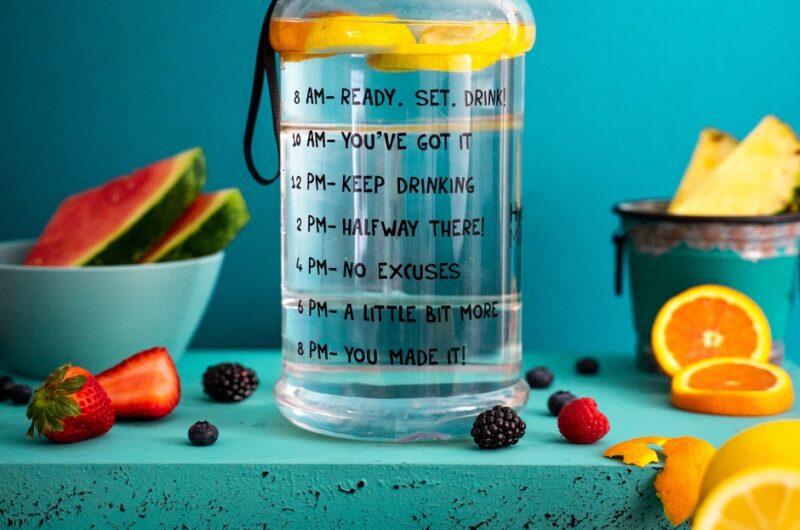Hydration is a fundamental aspect of maintaining optimal health and wellness. The human body is composed mostly of water, and proper hydration is essential for numerous bodily functions. From regulating body temperature to supporting organ function, hydration plays a crucial role in maintaining overall well-being. In this article, we will uncover the importance of hydration for overall health and wellness.
Effects Of Dehydration
If you don’t stay hydrated, you will become dehydrated. Dehydration can have various negative effects on the body and overall well-being. Here are some common effects of dehydration:
Decreased Physical Performance
When the body is dehydrated, physical performance can be significantly impaired. Dehydration can lead to reduced endurance, muscle cramps, and decreased strength. It can also affect coordination and balance, increasing the risk of injuries during physical activity.
Fatigue and Lack of Energy
Dehydration can cause feelings of fatigue and low energy levels. When the body lacks sufficient water, it must work harder to carry out basic functions, leading to a sense of lethargy and decreased productivity.
Impaired Cognitive Function
Proper hydration is crucial for optimal cognitive function. Dehydration can affect concentration, memory, and overall mental performance. It may lead to difficulties in focusing, slower reaction times, and decreased mental clarity.
Headaches And Dizziness
Dehydration may cause some individuals to experience headaches or migraines. Additionally, it can cause dizziness, lightheadedness, and a feeling of instability. These symptoms can significantly impact daily activities and overall well-being.
Digestive Issues
Insufficient hydration can contribute to digestive problems such as constipation and indigestion. Water helps maintain regular bowel movements and supports proper digestion. Dehydration can lead to harder stools, slower transit time through the digestive system, and discomfort during bowel movements.
Dry Skin And Poor Skin Health
The skin relies on adequate hydration to maintain its elasticity, moisture, and overall health. Dehydration can result in dry, flaky skin, and it may exacerbate skin conditions such as eczema and psoriasis. Lack of hydration can also make the skin appear dull and contribute to the formation of wrinkles and fine lines.

Benefits Of Hydration
There are many benefits of staying hydrated. Hydration can positively affect the body in many ways, including enhancing physical performance, cognitive function, and detoxification.
Physical Performance
One of the essential benefits of staying hydrated is its positive impact on physical performance. During exercise or any strenuous activity, the body loses water through
sweat. When we don’t replenish these lost fluids, dehydration can result in decreased endurance, reduced strength, and impaired cognitive function.
On the other hand, proper hydration improves athletic performance, allowing individuals to push themselves further and recover more effectively.
Cognitive Function
Water is essential for optimal brain function. Dehydration can significantly impact cognitive abilities such as memory, attention, and concentration. Research shows mild dehydration can lead to impaired cognitive performance, mood alterations, and increased feelings of fatigue. Staying properly hydrated can enhance their mental clarity, focus, and overall cognitive function.
Digestion
Maintaining adequate hydration is crucial for a healthy digestive system. Water helps in the breakdown of food, absorption of nutrients, and the smooth movement of waste through the intestines. Not drinking enough water can result in constipation and other digestive issues. Drinking enough water ensures proper digestion, prevents constipation, and supports overall gut health.
Detoxification
Proper hydration plays a vital role in the body’s detoxification processes. Water helps remove toxins and waste products through urine and sweat. It aids in the functioning of the kidneys and liver, two essential organs involved in detoxification.
Insufficient water intake can hinder these processes, leading to the accumulation of toxins in the body. By staying well-hydrated, individuals can support their body’s natural detoxification mechanisms and maintain optimal health.
10 Practical Tips for Staying Hydrated
Staying hydrated is not as easy as it seems. Use these 10 tips to ensure you stay hydrated.
Use A Water Bottle
Take a reusable water bottle with you wherever you go, whether you are at work, running errands, or exercising. Having access to water will serve as a constant reminder to stay hydrated. Additionally, having a water bottle makes it more convenient to sip throughout the day.
Drink Water Before Meals
Make it a habit to drink a glass of water before each meal. Not only does this help with hydration, but it can also promote better digestion and prevent overeating.
Infuse Water With Fruits Or Herbs
If you don’t like plain water because it’s bland, add some flavor. You can infuse your water with fruits like lemon, lime, berries, or herbs like mint or basil. Infusing your water with fresh fruit or herbs will make it more enjoyable, encouraging you to consume more throughout the day.

Set Hourly Goals
Divide your day into hourly increments and set goals to drink a certain amount of water within each hour. For example, aim to finish a glass of water every hour. This method helps break down hydration into manageable portions and keeps you on track.
Track Your Intake
Use a hydration tracking app or a journal to record your water intake. This allows you to monitor your progress and make adjustments as needed. Tracking your water intake can also be a visual reminder to drink more water.
Eat Hydrating Snacks
Incorporate snacks that have high water content into your diet. Foods like watermelon, cucumber, celery, and oranges provide hydration and essential vitamins and minerals.
Drink Water During And After Exercise
Hydrate before, during, and after physical activity to replenish fluids lost through sweating. Aim to drink water at regular intervals during exercise and continue hydrating post-workout to aid in recovery.
Avoid Excessive Caffeine And Alcohol
Coffee, tea, and alcohol can have a diuretic effect, causing increased fluid loss. While it’s okay to enjoy these in moderation, be mindful of their impact on hydration and balance them with additional water intake.
Consider Electrolyte Balance
Replenishing electrolytes and water can be beneficial when you are sweating excessively or during intense physical activity. Electrolyte-rich drinks or adding a pinch of salt to your water can help maintain proper electrolyte balance.
Pay Attention To Your Body
Your body always gives you cues. Listen to your body’s cues for thirst. If you feel thirsty, you need to hydrate. Do not ignore these cues. Make it a priority to drink water promptly.
Conclusion
Hydration is a critical component of overall health and wellness. From improving physical performance to supporting cognitive function and digestion, adequate water intake is essential for the proper functioning of the body.
The recommended amount of water you should drink a day is 8 glasses. However, individual needs may differ depending on factors such as activity level, climate, and overall health. By prioritizing hydration and making it a part of our daily routine, we can enhance our well-being and lead a healthier, more vibrant life.







